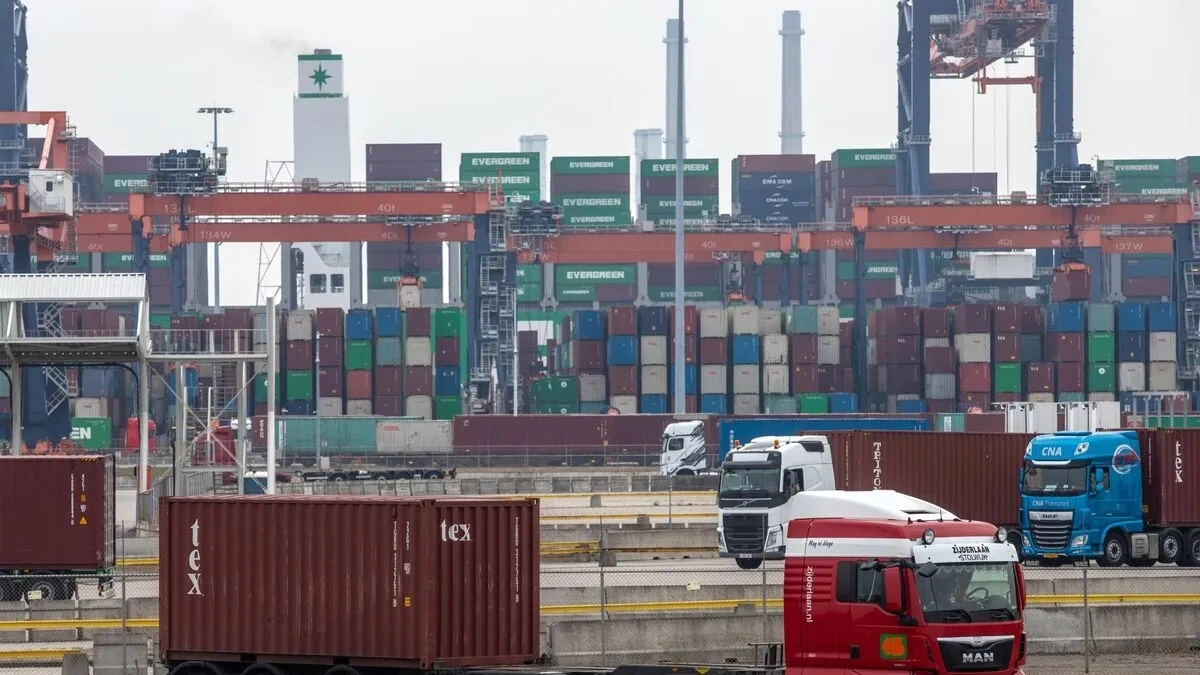Already a subscriber? Make sure to log into your account before viewing this content. You can access your account by hitting the “login” button on the top right corner. Still unable to see the content after signing in? Make sure your card on file is up-to-date.
The European Union has confirmed that they will delay the implementation of retaliatory tariffs on US goods, opting to extend the suspension until early August in hopes of reaching a deal with President Trump.
Some shit you should know before you read: Earlier this week, President Trump announced that the United States would impose a 30% tariff on all imports from the European Union, set to take effect on August 1, 2025. This move marks a significant escalation in trade tensions, as it applies broadly across sectors rather than targeting specific industries. The Trump administration has justified the measure by citing the EU’s trade surplus with the United States, which totaled approximately $202 billion in goods in 2024, according to the US Census Bureau. This is expected to have a significant impact on transatlantic commerce, particularly since total US imports from the EU reached $553.2 billion in 2024, with major categories including pharmaceuticals ($111.8B), vehicles ($72.3B), industrial machinery ($59.7B), medical instruments ($35.2B), wine and spirits ($18.5B), and aerospace products ($16.1B). A flat 30% tariff on these goods would add an estimated $165.96 billion in annual import fees, increasing costs for American businesses and consumers, which could result in US consumers opting for domestically made products.

What’s going on now: In a notable development, European Union President Ursula von der Leyen announced that the bloc would delay the implementation of retaliatory tariffs on US goods that were set to take effect on Monday, opting instead to give negotiations more time. “The United States has sent us a letter with measures that would come into effect unless there is a negotiated solution, so we will therefore also extend the suspension of our countermeasures until early August,” von der Leyen stated during a press conference in Brussels.
She added, “We have always been clear that we prefer a negotiated solution. This remains the case, and we will use the time that we have now till August 1.”
Von der Leyen also addressed the possibility of invoking the EU’s Anti-Coercion Instrument, a powerful legal mechanism designed to counter economic threats from non-EU countries. However, she emphasized restraint for now, saying, “The instrument is created for extraordinary situations — we are not there yet. This is very important. This is now the time for negotiations. But this also shows we are prepared for all eventual scenarios.” Her comments reflect the EU’s two-track strategy: keeping the door open for diplomacy while signaling readiness to defend its economic interests if talks break down.
This all comes as the EU’s suspended countermeasures were originally introduced in response to US tariffs on steel and aluminum and would have targeted $24.6 billion in American goods. Products on this list included soybeans, motorcycles, orange juice, and other high-profile exports. In addition to this initial package, the EU has been preparing a second, more expansive round of tariffs that could affect up to $84 billion in US exports, covering industries like aviation and automobiles.







